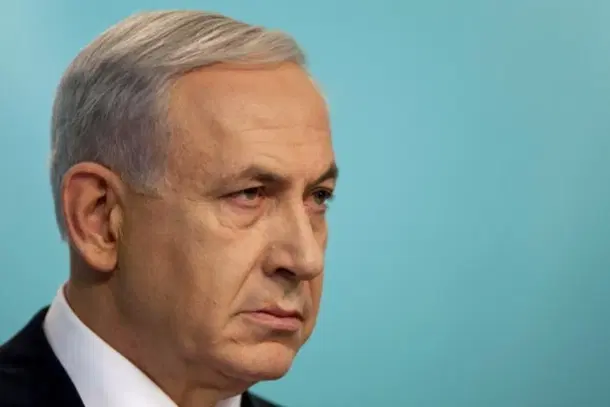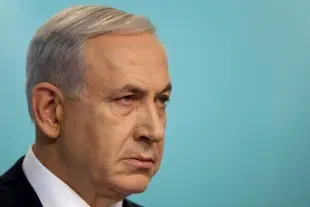News Brief
Crisis In West Asia: Iran Targets Jerusalem, Haifa; Israel Strikes Iranian Energy, Defence Sites; Dozens Dead on Both Sides
Swarajya Staff
Jun 15, 2025, 09:33 AM | Updated 09:33 AM IST
Save & read from anywhere!
Bookmark stories for easy access on any device or the Swarajya app.


Tensions in West Asia surged over the weekend as Israel and Iran continue to exchanged large-scale strikes, marking a dangerous escalation with regional and global implications.
A fresh wave of Iranian missile attacks began late Saturday around 11.00 pm local time, triggering air raid sirens in Jerusalem and Haifa.
Around a million Israelis rushed to bomb shelters as explosions lit up the night sky.
The conflict, which erupted late Friday, has already left at least 78 people dead in Iran, including dozens of children, and claimed civilian lives in Israel as well.
By 2.30 am local time, the Israeli military issued another alert for an incoming barrage, urging citizens to take cover.
Missiles and interceptor rockets filled the skies over Tel Aviv and Jerusalem, with loud blasts heard across both cities. The shelter-in-place advisory was lifted nearly an hour later.
Overnight, at least seven people were confirmed dead in Israel, including a 10-year-old boy and a woman in her 20s, while more than 140 others were injured, news agency Reuters reported.
One of the worst-hit areas was Bat Yam, just south of Tel Aviv, where a missile struck an eight-storey building. Officials reported 35 people missing, with fatalities confirmed.
The full scale of destruction remains unclear, but Israeli authorities say at least nine people have been killed and over 300 injured since Iran began its retaliatory strikes on Friday.
Iran, meanwhile, reported mounting casualties from Israeli attacks.
Iranian authorities reportedly said that 78 people were killed on the first day of Israeli strike and many others on the second day, including 60 in a single strike that brought down a 14-storey apartment building in Tehran.
Iranian officials said 29 of the dead were children. Israel also targeted critical infrastructure, including the Shahran oil depot and a refinery near Tehran, sparking fires.
Minor damage was reported at Iran’s defence ministry building.
Iran partially suspended operations at South Pars, the world’s largest gas field, after a blaze broke out due to an Israeli strike—the first direct hit on Iran’s energy infrastructure. The South Pars field accounts for most of Iran’s domestic gas supply.
Israel launched a sweeping aerial offensive under the banner of Operation Rising Lion, hitting over 150 sites across Iran.
Targets included strategic military assets, nuclear facilities, and key leadership compounds in cities such as Natanz and Isfahan.
Among those killed, according to reports, were nine Iranian nuclear scientists and several top military commanders.
Tensions have spilled into the diplomatic arena as well.
A planned round of US-Iran nuclear talks in Oman was abruptly cancelled. Iranian Foreign Minister Abbas Araqchi cited the “barbarous” Israeli attacks as the reason for withdrawal.
Meanwhile, a top Iranian general, Esmail Kosari, said Tehran was reconsidering whether to shut the Strait of Hormuz, a vital oil shipping route.
US President Donald Trump warned Tehran of “worse to come” unless it agreed to drastically curb its nuclear programme.
Israel has justified its military action as a pre-emptive measure to stop Iran from reaching nuclear weapons capability.
Israeli Prime Minister Benjamin Netanyahu has announced that the current strikes were just the beginning.
He called on the Iranian people to rise against their clerical rulers and warned that operations could continue for weeks, raising fears of a broader regional conflict pulling in global powers.





